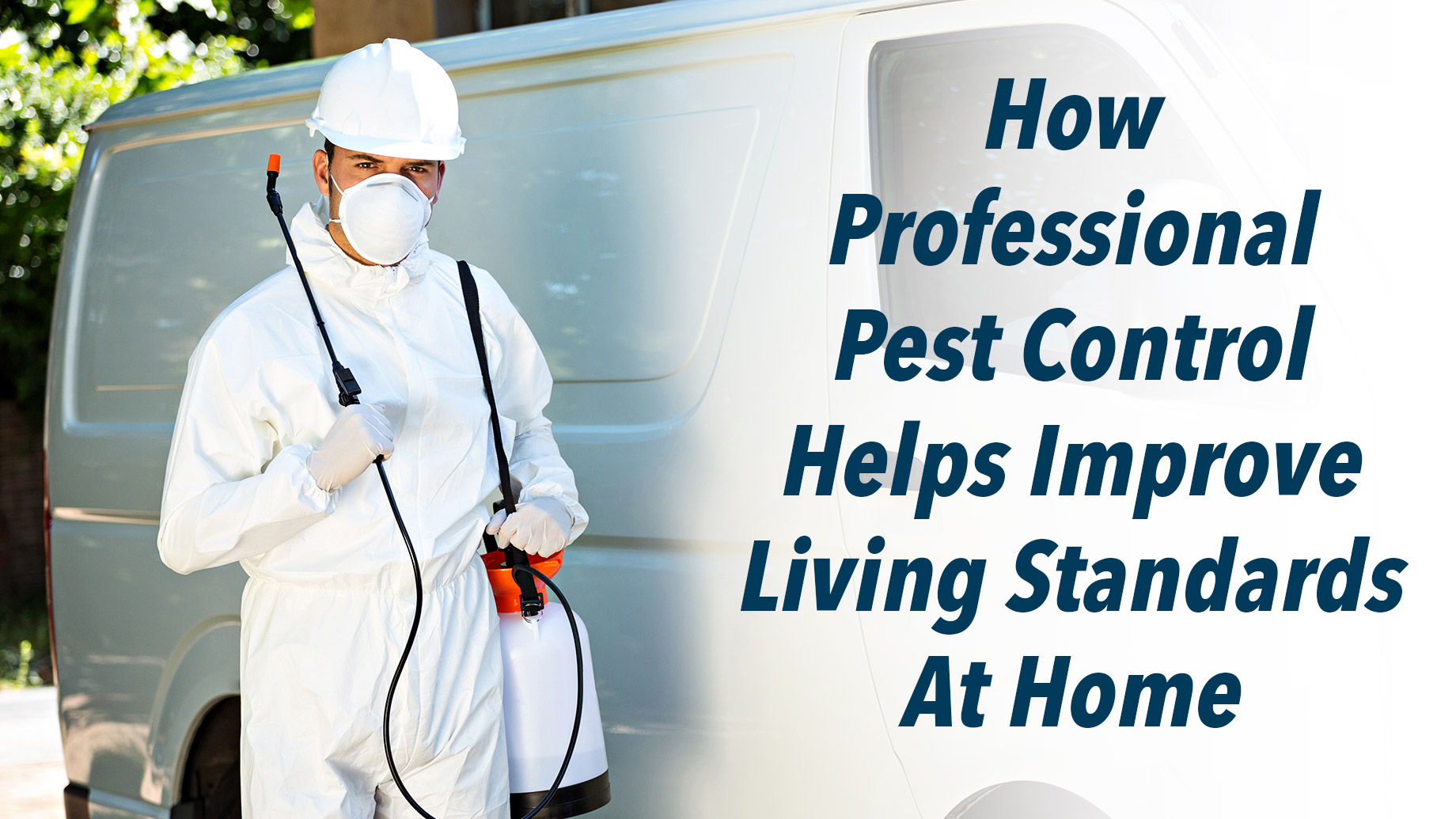Understanding the Numerous Strategies to Pest Control: A Comprehensive Guide

Natural Insect Control Techniques
Utilizing environment-friendly methods such as buddy planting and biological insect control is vital for successfully handling insects in agricultural settings. Companion planting entails expanding various crops in distance to discourage insects, enhance nutrient uptake, and improve total plant health and wellness. As an example, planting marigolds alongside tomatoes can help repel nematodes. Likewise, intercropping maize with legumes can disrupt the reproduction patterns of bugs like corn borers.
Organic insect control involves presenting natural killers or pathogens to control pest populaces. Ladybugs, as an example, eat aphids, managing their numbers without the need for chemical pesticides. An additional example is making use of Bacillus thuringiensis (Bt), a bacterium that targets specific insect bugs while being harmless to people, pets, and helpful insects.
These green methods not just reduce the reliance on artificial pesticides yet likewise aid preserve biodiversity and dirt health and wellness. By including all-natural parasite control techniques right into farming practices, farmers can achieve sustainable parasite management while lessening negative impacts on the setting.
Chemical Parasite Control Solutions
In addition to natural parasite control methods, the usage of chemical insect control solutions plays a substantial duty in effectively managing pest populations in agricultural environments. Chemical insect control options are developed to target details insects that may trigger substantial damages to plants. These options usually have synthetic pesticides that are made to remove bugs quickly and efficiently.
One of the crucial benefits of chemical bug control options is their efficiency in managing bug problems on a huge range. Farmers can use these options utilizing different techniques such as spraying, fumigation, or seed therapy to secure their crops from damaging insects, weeds, and diseases. In addition, chemical bug control services are relatively very easy to use and can offer rapid outcomes, assisting farmers protect their returns and lessen economic losses.
Nevertheless, it is important to use chemical bug control solutions deliberately to reduce possible unfavorable effect on the atmosphere, non-target microorganisms, and human health. Correct application techniques, adherence to safety and security guidelines, and routine surveillance click reference are important to ensure the accountable use chemical bug control solutions in agricultural techniques.
Biological Parasite Control Approaches
Organic Click Here pest control approaches utilize natural predators or microorganisms to take care of insect populaces in farming settings successfully. This approach offers a environmentally friendly and lasting remedy to pest administration, lowering the dependence on synthetic chemicals and reducing damage to the setting. One common biological control technique is the intro of all-natural enemies, such as ladybugs or parasitic wasps, to target certain parasites. These predators feed upon the bugs, aiding to regulate their populaces naturally - pest control clovis.
One more biological control approach includes using virus like infections, germs, or fungi to infect and eliminate insects. Overall, organic insect control approaches supply a sustainable and targeted solution to pest monitoring in agriculture.
Integrated Parasite Monitoring (IPM)
Integrated Pest Monitoring (IPM) is a detailed method that integrates numerous insect control approaches to successfully manage and lessen pest populaces in farming systems. IPM focuses on long-lasting avoidance of pests with a mix of organic, cultural, physical, and chemical control approaches. go to these guys By integrating these different strategies, IPM aims to minimize reliance on chemical pesticides, reduce ecological influence, and promote sustainable bug management techniques.
One key element of IPM is the usage of biological controls such as all-natural killers, bloodsuckers, and microorganisms to manage bug populaces. This technique uses the power of nature to maintain a balance in between pests and their natural adversaries without causing injury to the atmosphere.
Additionally, IPM involves cultural techniques like crop rotation, habitat, and sanitation manipulation to create negative problems for parasites and interrupt their life process. Physical controls such as obstacles, traps, and mulches are likewise used to stop insect infestations.
Mechanical and Physical Insect Control Techniques
Utilizing non-chemical approaches, such as physical and mechanical bug control methods, is a crucial facet of thorough bug administration strategies, building on the structure of Integrated Insect Management's holistic strategy. Mechanical bug control involves the usage of physical obstacles or catches to avoid pests from accessing and harming crops or frameworks. This technique can include strategies like setting up screens on home windows, utilizing row covers in agriculture, or using sticky catches to catch bugs.
Physical bug control techniques, on the various other hand, focus on directly eliminating bugs through physical methods. Using warmth treatments to eradicate bed insects or vacuuming up pests like crawlers or ants can be reliable ways to take care of infestations without the usage of chemicals. By integrating these physical and mechanical insect control strategies into an Integrated Parasite Management strategy, experts and people can reduce reliance on chemicals while still properly managing pest populaces and reducing damages.
Final Thought

In addition to all-natural bug control methods, the application of chemical insect control solutions plays a substantial function in effectively handling pest populations in farming environments.One of the crucial advantages of chemical parasite control services is their performance in managing pest invasions on a large range.Integrated Pest Administration (IPM) is a comprehensive strategy that combines different insect control approaches to successfully manage and lessen pest populations in agricultural systems.Making use of non-chemical techniques, such as physical and mechanical insect control strategies, is a vital aspect of detailed pest administration techniques, constructing upon the foundation of Integrated Insect Monitoring's holistic method. By including these mechanical and physical insect control techniques into an Integrated Bug Monitoring plan, individuals and experts can decrease reliance on chemicals while still effectively minimizing and managing pest populations damages.